Bhoomi Kaushik
Get Real Experts on your side
Before venturing to seek career counseling, answer a few basic questions so we can connect you with our best expert counselor for personalised guidance and mentorship.



.png)
Bhoomi Kaushik
10/02/2025
In today's dynamic world of higher education and professional development, many individuals grapple with whether it's possible (or advisable) to pursue a PhD after completing an online MBA, especially in specialized fields like Human Resources (HR). The simple answer is yes; you can pursue a PhD after an online MBA in HR. However, like most educational journeys, there are essential considerations to remember.
Understanding the Journey: MBA vs. PhD

So,
while an MBA equips you with the tools for leadership and decision-making, a
PhD demands high intellectual curiosity and a commitment to research and
academia.
Key Considerations for Transitioning from an Online MBA to a PhD

2. PhD Focus Areas in HR
To
pursue a PhD in HR, you must narrow your focus. A PhD in HR typically
emphasizes research in organizational behaviour, employee development, labour
relations, workforce diversity, compensation and benefits, or HR technology. If
your MBA in HR provides a solid foundation in these areas, you will have an
advantage, but you may need to build on that knowledge with specialized
research interests.
3. Research Experience and Preparation
Unlike
an MBA program, which is more application-based, a PhD requires intensive
research experience. Many PhD programs expect candidates to have a solid
research background, which can sometimes be built during your MBA program
through dissertations or capstone projects. If your online MBA didn't include
much research or wasn't heavily focused on academic inquiry, you may need
additional experience before jumping into a PhD. This could consist of
publishing research, working on projects that require a high level of
analytical thinking, or even completing additional coursework in research methods.
4. Your Long-Term Career Goals
Consider
why you want to pursue a PhD in HR after completing your MBA. A PhD can open
doors to academia, consulting, or high-level policy-making careers. However,
it's essential to ask yourself if you're genuinely interested in the academic
side of HR or if you prefer the applied, practical approach that your MBA
provides. If you envision a career as a professor, researcher, or thought
leader in HR, a PhD would be a natural next step. On the other hand, an MBA may
be sufficient if you're more interested in leadership roles or consulting, and
pursuing a PhD might not align with your goals.
|
Undergraduate
Programs |
Post
Graduate Programs |
5. Time and Commitment
PhD
programs can be a significant time commitment, often taking 4 to 7 years to
complete. When balancing that with your professional and personal life, it's
essential to consider whether you're prepared for the rigorous demands of a
PhD. An online MBA likely offered flexibility, but the academic rigour of a
PhD, especially in a research-driven field like HR, may require you to dedicate
full-time effort over several years.
6. Funding and Financial Considerations
PhD
programs, especially those at reputable institutions, can be expensive.
Although some programs offer scholarships, teaching assistantships, or
stipends, you must carefully evaluate how to finance your studies. If you're
shifting from a career-focused MBA path to an academic research-focused PhD,
there may be a shift in how you approach funding your education.
7. Eligibility and Admission Requirements for PhD Programs
Admission
requirements for PhD programs vary significantly depending on the university
and the specific program. While many PhD programs in HR accept candidates with
an MBA background, others may require a strong undergraduate academic record, a
proven track record in research, or specific standardized test scores (such as
the GRE).
Review
the specific PhD programs you're interested in and tailor your application
accordingly. Some institutions prefer applicants with a strong foundation in
research methodology, which is an area of focus during your online MBA if you
choose electives or research-intensive projects.
Advantages of Pursuing a PhD after an Online MBA in HR

2. Research Opportunities
The
opportunity to delve into cutting-edge research in HR or management is a
significant draw for many individuals pursuing a PhD. By combining your
real-world experience from your MBA with a rigorous research perspective, you
can make a substantial impact in your field.
3. Career Flexibility
A
PhD in HR can provide opportunities beyond traditional HR roles, including
consulting, policy development, and high-level academic positions. It can also
open doors for leadership roles in multinational organizations, government
agencies, or NGOs where advanced research and strategy formulation are crucial.
Challenges to Consider

Conclusion:
In
short, pursuing a PhD after an online MBA in HR is entirely possible, but it
requires a clear vision of your academic and career aspirations. The transition
can be seamless with the proper preparation, dedication, and research
experience. Remember, your chosen path should align with your long-term career
goals—whether in academia, consulting, or executive leadership within HR.

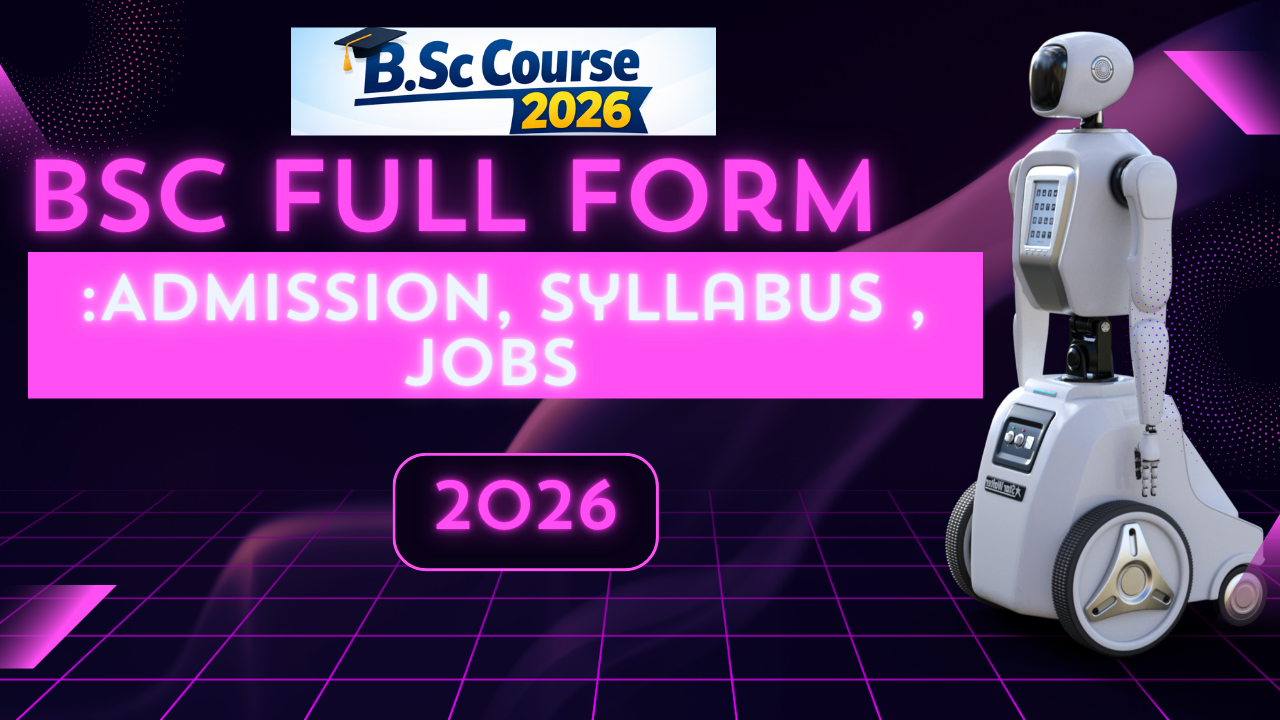
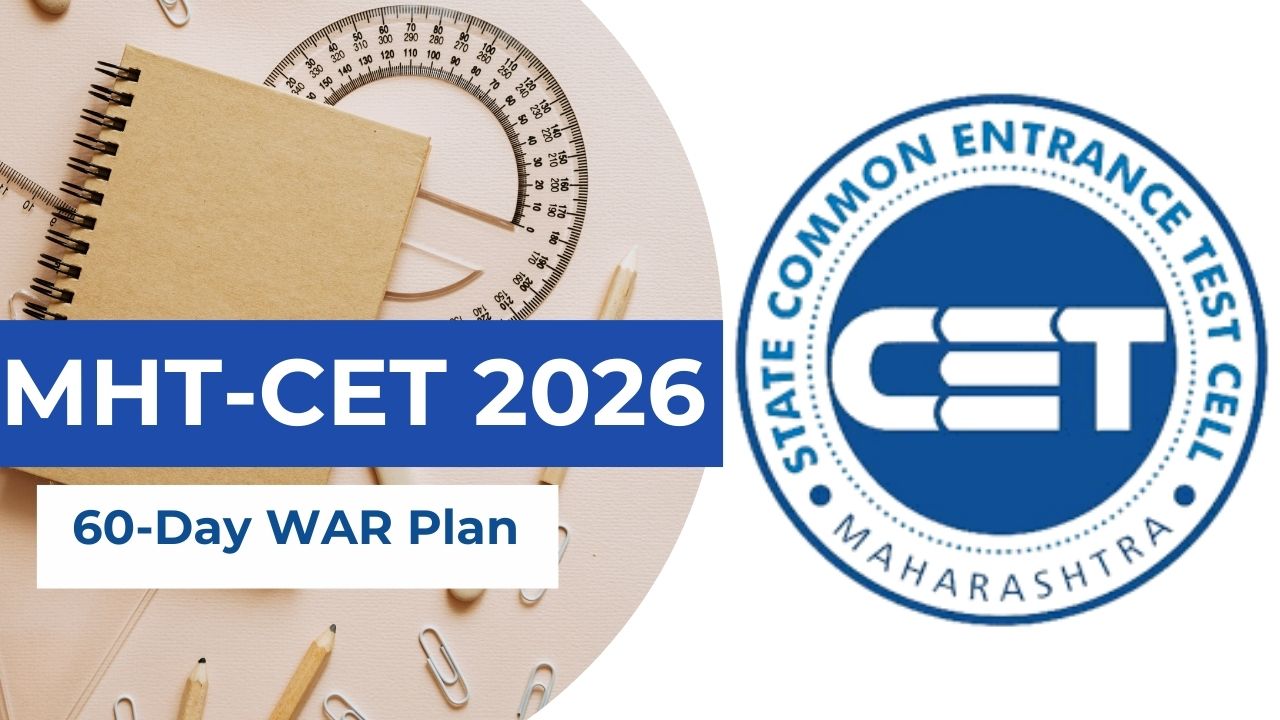

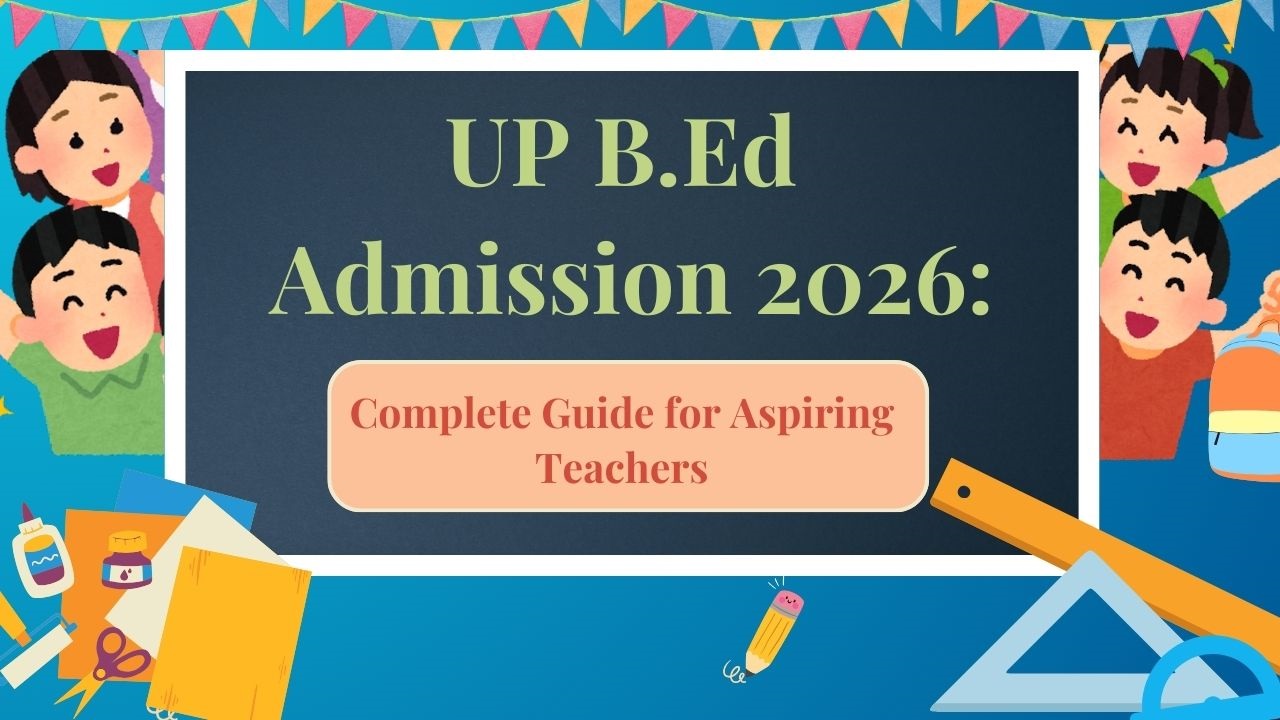




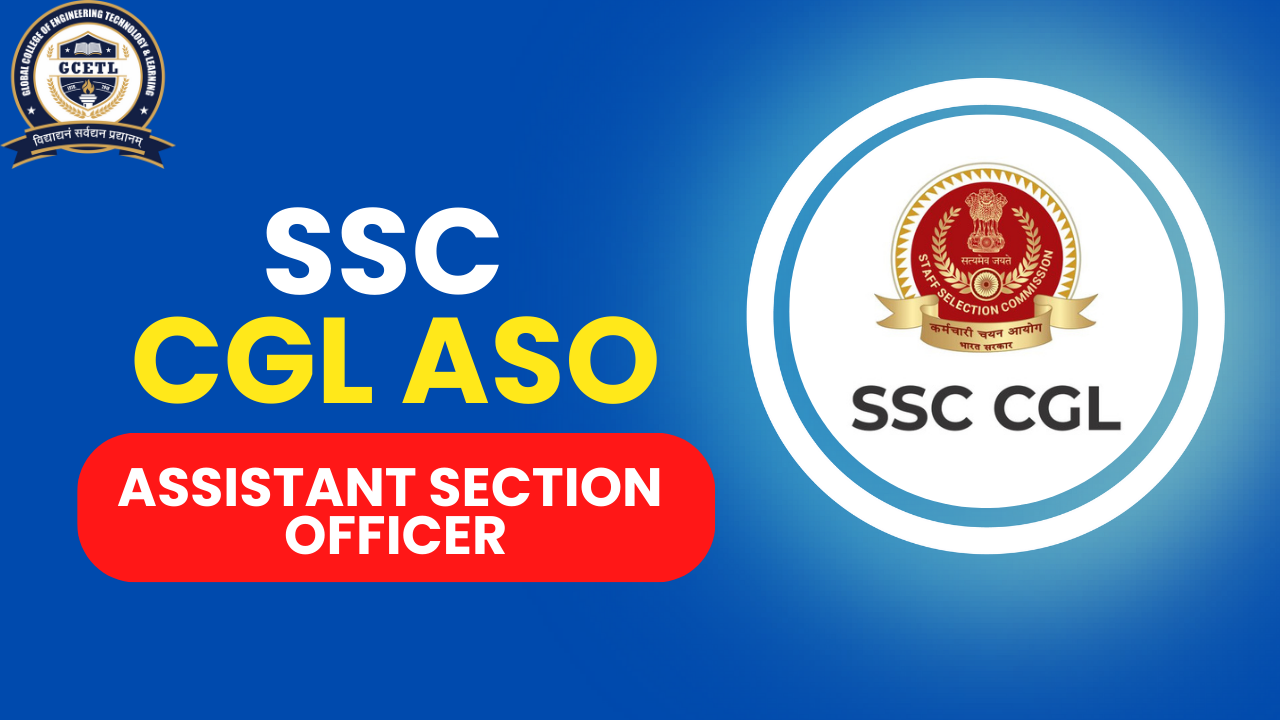
.png)








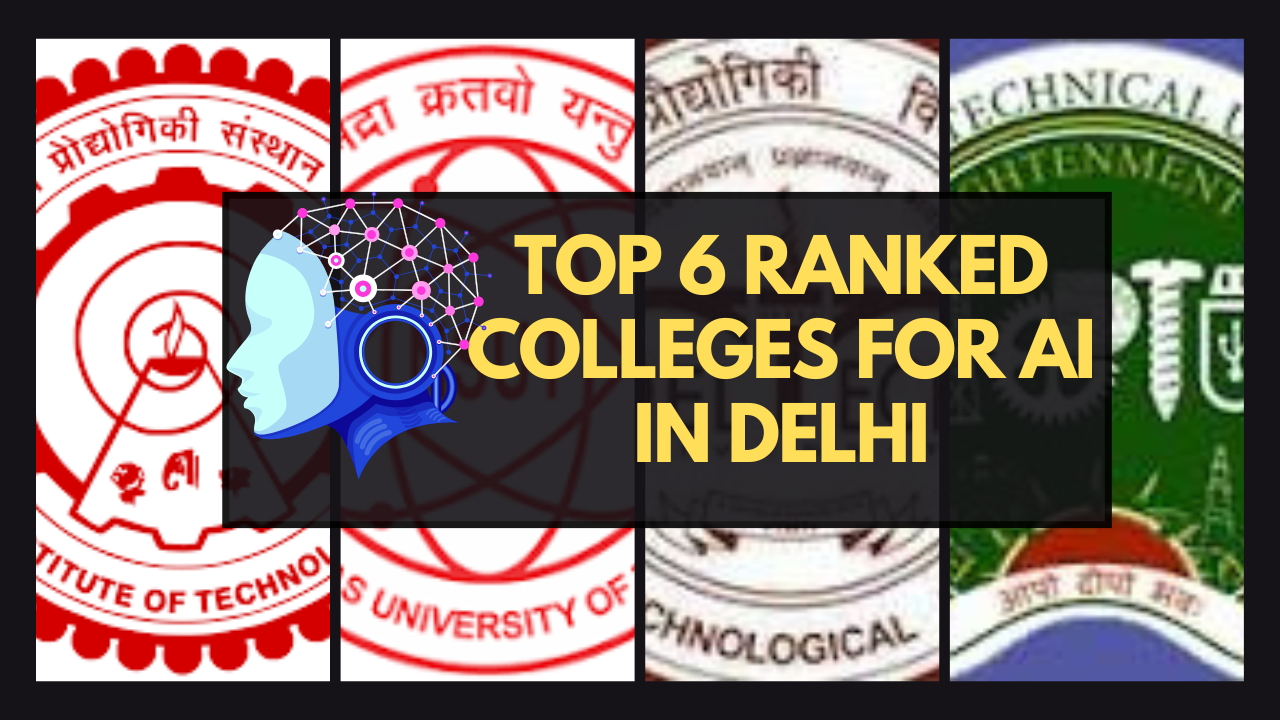


.jpg)
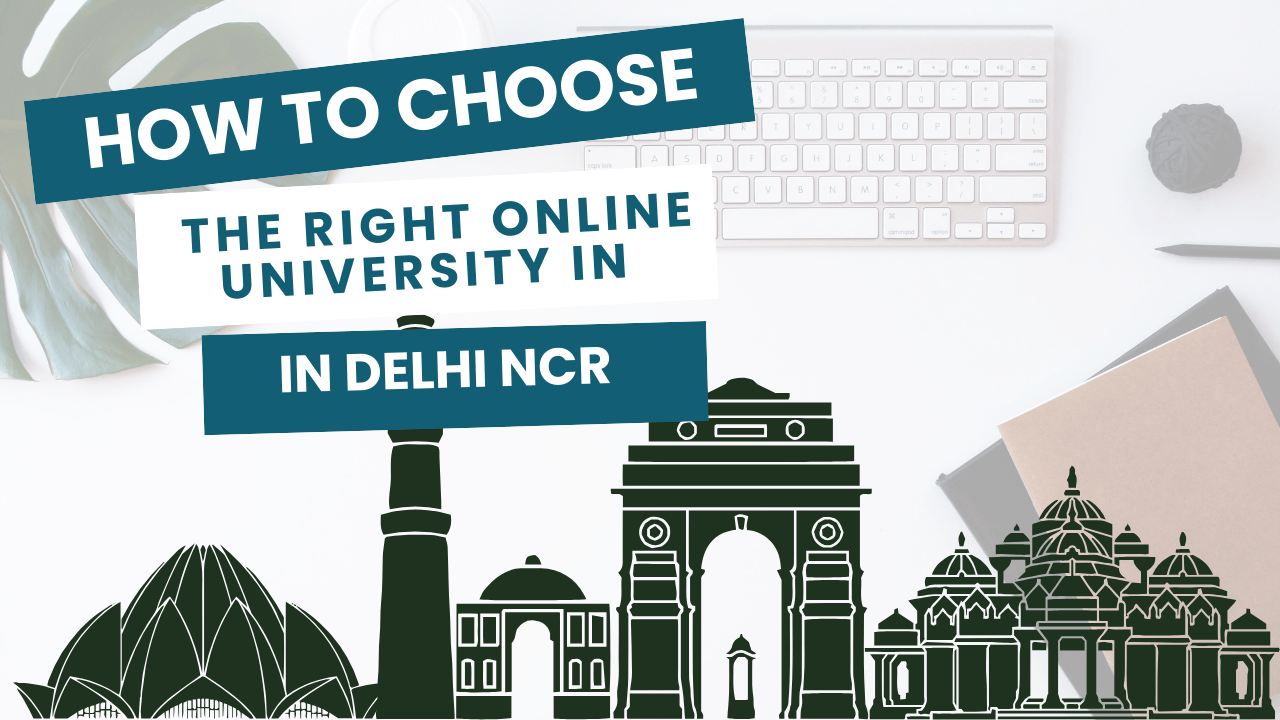

.jpg)




.png)







.png)

.png)




.png)

.png)
.png)



.png)

.png)


.png)

.png)


.png)

.png)

.png)
.png)

 (1).png)



.png)

.png)
.png)


.png)


.png)


.png)

.png)







.png)





.png)


.png)














.png)













.png)




.jpg)






.png)




.png)


.png)
.png)
.png)
.jpg)



.png)


.png)
.png)
.png)



.png)











.png)
.png)



.png)


.png)
.png)


.jpg)







.jpg)









.jpg)





.png)


.jpg)



Before venturing to seek career counseling, answer a few basic questions so we can connect you with our best expert counselor for personalised guidance and mentorship.
